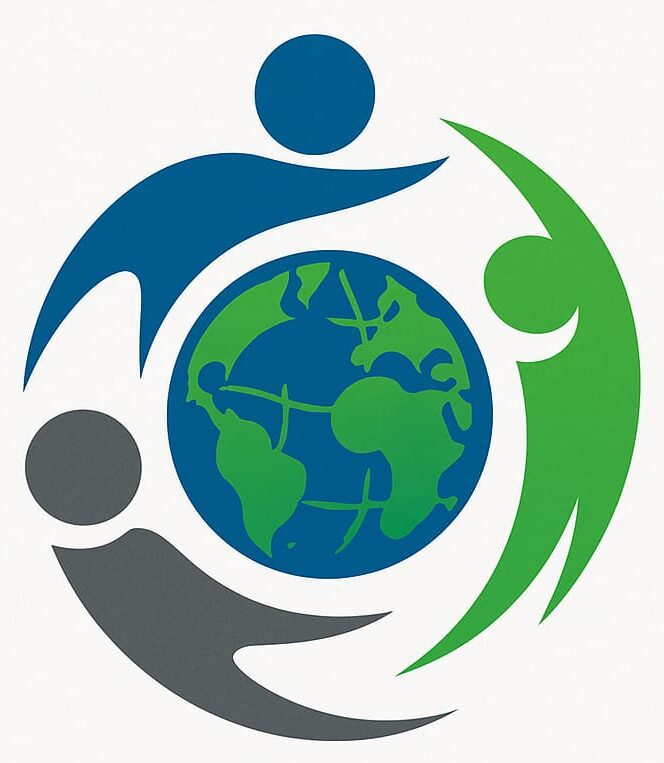In Canada’s competitive human resources landscape, earning a professional certification can significantly boost your career prospects, credibility, and earning potential. But with three main HR designations — CHRP, CHRL, and CHRE — many HR professionals wonder: Which certification should I pursue?
Let’s break down what each certification offers, who it’s best suited for, and how to decide which one aligns with your career goals.
Understanding the Certifications
All three designations are granted by the Human Resources Professionals Association (HRPA) in Ontario, which is recognized nationally and internationally. Here’s an overview:
✅ CHRP (Certified Human Resources Professional)
This is the entry-level designation, ideal for early-career HR professionals. It demonstrates foundational HR knowledge and the ability to carry out HR functions with supervision or limited autonomy.
✅ CHRL (Certified Human Resources Leader)
This is the mid-level designation for experienced HR professionals who work more independently, often in strategic or managerial roles. It focuses on applying HR knowledge at a leadership level and contributing to organizational strategy.
✅ CHRE (Certified Human Resources Executive)
This is the executive-level designation for senior HR leaders — typically at the VP or CHRO level — who shape organizational direction, lead enterprise-wide initiatives, and influence top-level decision-making.
Key Differences
| Category | CHRP | CHRL | CHRE |
|---|---|---|---|
| Career Stage | Entry-level, early career | Mid-level, leadership, independent | Senior executive, C-suite |
| Focus | Foundational HR knowledge | Strategic HR leadership | Executive-level strategy and influence |
| Experience | Limited experience acceptable | 3–5+ years HR experience | 10+ years HR leadership |
| Exams | CHRP Knowledge Exam (CHRP-KE), Employment Law Exam (ELE) | CHRP-KE, ELE, plus Job-Ready Program | Portfolio-based application and interview |
| Common Roles | HR Coordinator, HR Assistant | HR Manager, HR Business Partner | VP of HR, CHRO, HR Director |
Who Should Choose CHRP?
The CHRP is best for:
- Recent graduates from HR programs
- Professionals transitioning into HR from another field
- Early-career HR assistants, coordinators, or administrators
- Those seeking to validate their foundational HR knowledge
The CHRP sets the stage for further advancement by demonstrating that you understand core HR principles, employment law, and best practices. It’s often the first step toward CHRL for those who want to move into leadership roles later.
Who Should Choose CHRL?
The CHRL is designed for:
- Mid-career HR professionals who manage teams or lead projects
- HR managers, HR generalists, and HR business partners
- Professionals looking to influence organizational strategy, not just administer HR policies
- Those who already hold the CHRP and want to advance further
With the CHRL, you signal that you can apply HR knowledge independently, work across business functions, and drive change. It’s widely recognized in job postings for HR leadership roles and can significantly boost earning potential.
Who Should Choose CHRE?
The CHRE is reserved for:
- Senior HR executives, typically at the VP, CHRO, or Director level
- Leaders who have a track record of shaping company-wide strategies and influencing executive decisions
- Experienced professionals with at least 10 years of progressive HR leadership
Unlike the CHRP and CHRL, the CHRE doesn’t require a written exam. Instead, candidates submit a comprehensive portfolio demonstrating executive-level achievements, followed by an interview assessment.
The CHRE validates your ability to drive enterprise-level strategy and confirms you as a thought leader in the HR profession.
How to Decide Which One Is Right for You
Here’s a quick way to assess:
✅ If you’re starting out or have less than 3 years’ experience → CHRP
✅ If you’re managing HR projects or teams with 3–5+ years’ experience → CHRL
✅ If you’re already in the executive suite with 10+ years’ leadership → CHRE
Many HR professionals start with the CHRP and progress to the CHRL as they gain experience. Fewer pursue the CHRE, as it’s reserved for those already operating at the highest organizational levels.
Why Certification Matters
Earning a professional designation isn’t just about adding letters to your resume — it offers real benefits:
- Increased job opportunities: Many employers now list HR designations as preferred or required qualifications.
- Higher earning potential: Certified HR professionals consistently report higher salaries compared to non-certified peers.
- Professional credibility: Holding a designation shows commitment to professional standards, ethics, and continuous learning.
- Networking and growth: HRPA membership gives you access to professional development, events, and a community of peers.





